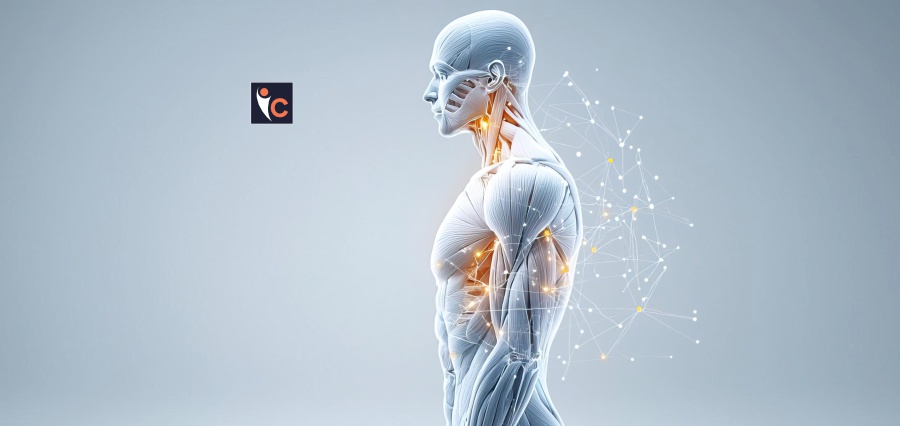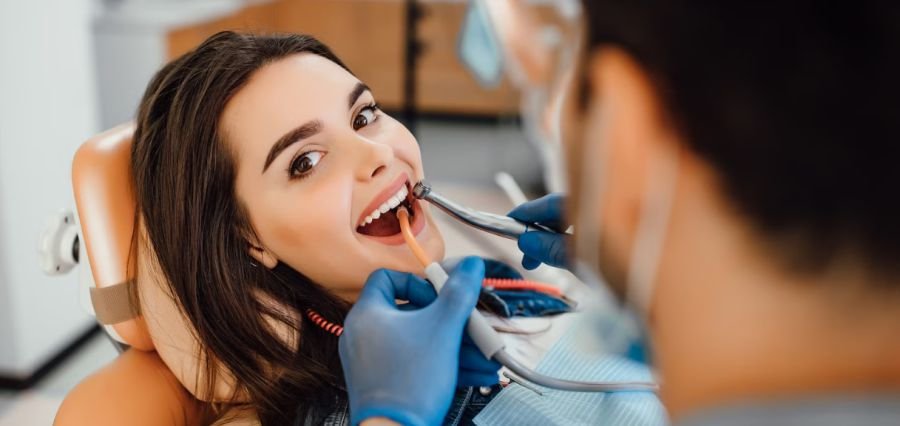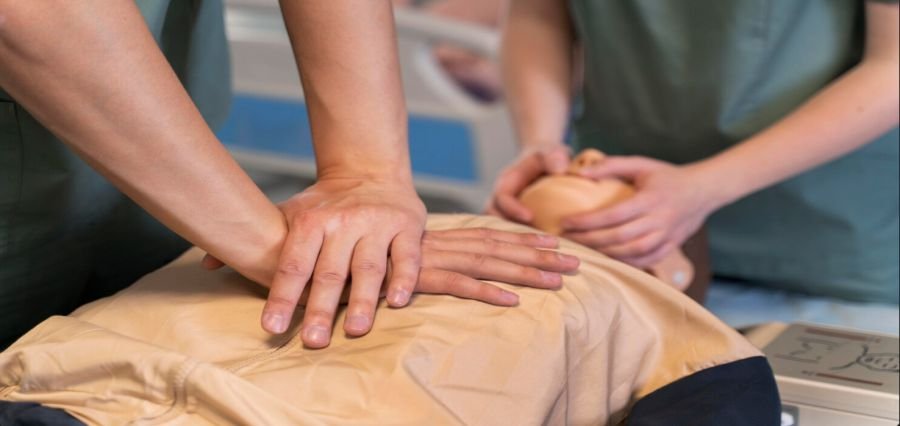Are you ready to embark on an exciting journey through your body’s amazing systems? Let’s discover your body’s superpowers!
Circulatory System
The circulatory system delivers oxygen and nutrients, removes waste, and maintains blood flow within a specific pressure range. High blood pressure can strain organs, while low blood pressure can disrupt nutrient supply, making blood pressure regulation vital for health. {1}
Lymphatic System
The lymphatic system serves as the body’s drainage system, crucial for immunity, blood pressure regulation, and digestion. It transports excess fluids, proteins, fats, and bacteria away from cells and returns them to the bloodstream. It also generates and circulates immune cells to enhance the body’s disease-fighting capabilities. {1}
Digestive System
The digestive system enables the body to break down food, absorb nutrients, and eliminate waste. This system ensures that the body effectively processes food to obtain essential nutrients while expelling any waste products. {2}
Endocrine System
The endocrine system regulates hormone release into the bloodstream, monitoring levels to maintain bodily functions. It influences metabolism, homeostasis, growth, sexual function, reproduction, sleep-wake cycles, and mood. {3}
Immune System
The immune system protects the body from harmful germs like bacteria and viruses. This system can identify harmful proteins known as antigens on these germs and create antibodies that help mark them for destruction. {4}
Nervous System
The nervous system relays signals between the body and brain, supporting vital functions such as thought regulation, memory, learning, emotion coordination, movement, sensory interpretation, wound healing, sleep control, stress response, digestion, and management of puberty and ageing. {5}
Respiratory System
The respiratory system enables breathing by controlling air movement and facilitating oxygen and carbon dioxide exchange in the bloodstream. Additionally, it helps regulate pH balance by managing carbon dioxide levels, which affects acidity. {1}
Integumentary System
The integumentary system comprises the skin and its structures. Its main functions are to protect the body from the external environment and regulate temperature. {1}
Urinary System
The main function of the urinary system is to filter blood and eliminate unnecessary substances from the body, including excess water, salt, toxins, and waste products. {6}
Reproductive System
The female reproductive system generates eggs for reproduction, nurtures fertilised eggs until fully developed, and produces hormones that regulate the reproductive cycle.
The male reproductive system produces and stores sperm and semen, releases sperm during intercourse, and generates hormones that maintain reproductive function. {7}
Muscular System
The muscular system serves five primary functions: facilitating movement, providing support, offering protection, generating heat, and assisting in blood circulation. {8}
Resources:
- The 11 Organ Systems of the Body and How They Work (verywellhealth.com)
- Human Body Systems Definition and their Functions | Toppr Guides
- Endocrine System: What It Is, Function, Organs & Diseases (clevelandclinic.org)
- What are the systems of the body? Fast facts about the human body and how it works | Live Science
- Nervous System: What It Is, Parts, Function & Disorders (clevelandclinic.org)
- Urinary System: Organs, Anatomy, Function & Conditions (clevelandclinic.org)
- The Reproductive System | Loma Linda University Fertility (lomalindafertility.com)
- What Are the 5 Main Functions of the Muscular System? (medicinenet.com)
Read More: Click Here










